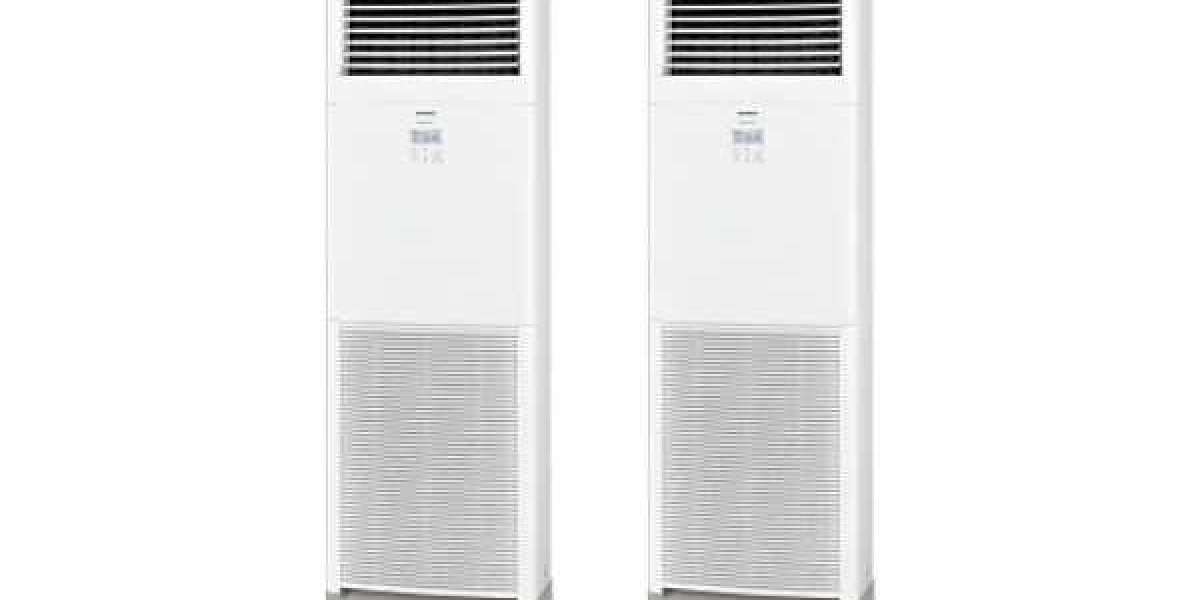What is a Smoke Meter?
A smoke meter is an optical device designed to assess the level of soot (unburnt carbon particles) produced by the exhaust system of an internal combustion engine. Soot is a major component of black smoke from diesel engines, which is a visible pollutant that contributes to air pollution.
Smoke meters are primarily used for testing diesel engines because they tend to produce more particulate matter than gasoline engines, but they can also be applied to other fuel types under certain conditions.
By using a smoke meter, vehicle technicians can determine whether the engine is functioning efficiently or if there are issues related to incomplete combustion, which often leads to increased smoke emissions.
How Does a Smoke Meter Work?
A smoke meter operates by analyzing the amount of light blocked or absorbed by the smoke particles in the exhaust stream. Here's a simplified version of how it works:
- Exhaust Sample: The vehicle’s exhaust gases are drawn into the smoke meter through a probe.
- Light Source and Detector: Inside the smoke meter, a light source emits a beam of light through the exhaust sample.
- Measurement of Light Absorption: As the light passes through the exhaust gases, smoke particles (soot) absorb or scatter the light. The meter measures the reduction in light intensity.
- Smoke Density Reading: The meter calculates the density of the smoke based on the amount of light that was blocked or absorbed. This is typically expressed as a percentage of light opacity, meaning the higher the percentage, the more smoke (or soot) present in the exhaust.
Some smoke meters also provide readings in Filter Smoke Number (FSN) or Bosch Smoke Units (BSU), which are other standardized measures of smoke density in exhaust emissions.
Types of Smoke Meters
There are a few different types of smoke meters available, each designed for specific uses:
- Opacity Meters: These measure the opacity (darkness) of the smoke emitted by the vehicle's exhaust. They are commonly used for diesel engine testing.
- Filter-Type Smoke Meters: These devices use a filter to capture the soot particles, which are then analyzed to determine the smoke density.
- Portable Smoke Meters: These are smaller, mobile units that can be used for on-the-road testing, offering convenience and flexibility for mobile workshops or emission testing agencies.
Importance of Smoke Meters
- Emission Control and Environmental Compliance
One of the primary functions of a smoke meter is to ensure that vehicles comply with environmental emission regulations. Excessive smoke indicates incomplete combustion in the engine, often leading to higher emissions of harmful pollutants like particulate matter (PM), hydrocarbons (HC), and carbon monoxide (CO).
These pollutants contribute to air pollution and can harm both human health and the environment. By regularly testing vehicles with a smoke meter, technicians can make necessary adjustments to reduce emissions.
- Engine Performance Diagnostics
A smoke meter helps diagnose engine performance issues. Excessive smoke production often indicates problems such as: - Inefficient fuel combustion
- Clogged air filters
- Faulty injectors
- Poor engine tuning
By identifying these problems, the smoke meter helps mechanics optimize engine performance and fuel efficiency, leading to smoother vehicle operation and reduced maintenance costs.
- Regulatory Compliance
In many countries, vehicles must pass emission tests before they are allowed on the road. Failing these tests can lead to fines, penalties, or even the banning of the vehicle. Smoke meters are used in these regulatory inspections to ensure that vehicles meet local air quality standards. - Fuel Efficiency and Cost Savings
An engine emitting excessive smoke is typically burning fuel inefficiently. This not only leads to increased pollution but also wastes fuel, leading to higher operating costs. By using a smoke meter to monitor and adjust engine emissions, vehicle owners can save on fuel costs and improve overall vehicle performance.
Applications of Smoke Meters
- Automotive Workshops: Smoke meters are an essential tool for mechanics, especially those dealing with diesel engines, to measure emissions and identify issues like incomplete combustion.
- Emission Testing Centers: Smoke meters are widely used in government-regulated testing centers to ensure that vehicles comply with local emission standards.
- Fleet Maintenance: Companies that manage large fleets of diesel trucks or buses use smoke meters to ensure their vehicles are operating efficiently and within legal emission limits.
Conclusion
A smoke meter is an indispensable tool for monitoring and controlling vehicle emissions, particularly for diesel engines.
By measuring the density of smoke in a vehicle's exhaust, it helps ensure environmental compliance, improve engine performance, and save on fuel costs.
As environmental regulations continue to tighten worldwide, the use of smoke meters will remain an essential part of vehicle maintenance and emission testing.














